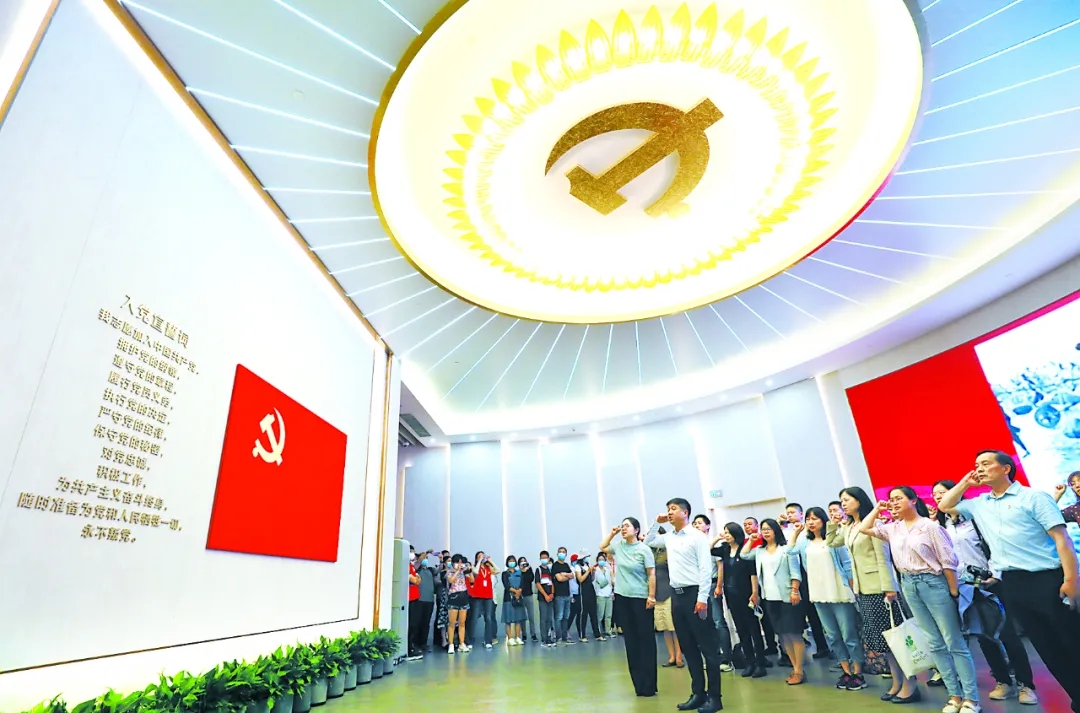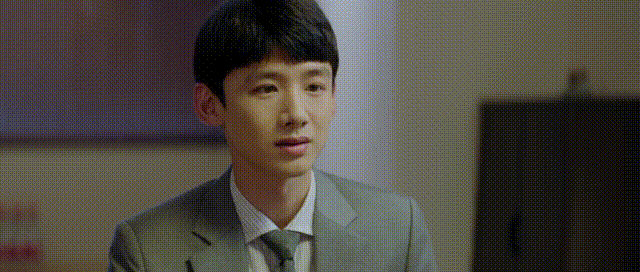For today’s young audience, the name "Xie Miao" may be a little strange. However, in the past 30 years, he used to be a kung fu child star, playing with Jet Li and other stars, and shaping a series of well-known roles such as Hong Wending.
However, when the performing arts career was booming, Xie Miao chose to take a break and go back to school to finish his studies. When he stepped into the film and television circle again, the special effects technology developed rapidly and the martial arts film market shrank. For various reasons, this road to comeback was not smooth for a time.
Xie Miao has tried to play many roles, and gradually found a track that suits her in recent years. With the series of online movies "Overlooking" and "Northeast never to lose", he returned to the audience’s sight.
Some time ago, "Northeast Police Story 2" starring Xie Miao landed in Yun Cinema and was recommended by many stars such as Jason Wu and Jing Wong. The flowing drama will bring the audience’s memory back to the era when martial arts films were popular.
People often feel sorry for Xie Miao: If more films were made at the peak, the results might be different. Xie Miao is able to shrug off, there are many possibilities in life, there is no need to be swayed by considerations of gain and loss after making a choice.

Stills of "supercilious"
Chatting with reporters about the past, Xie Miao felt that he had always been in a good mood. Whether it’s a fire or not depends on life, just like winning the lottery. At the age of 39, don’t worry about it. "You just make a good plan and move forward step by step."
Accumulate martial arts skills
Many viewers know Xie Miao from "Hong Wending". Being able to get this role depends on Xie Miao’s martial arts skills in the Children’s Palace.
When I was a child, Xie Miao’s parents asked him to choose an interest class based on the principle of "more skills than weight". Between dance and martial arts, Xie Miao chose the latter. After that, he ran three or four times a week to the Children’s Palace and practiced for one or two hours at a time.
The training process is hard. In Xie Miao’s words, "You didn’t know what a brotherhood of the Wolf is until you were in leg press". He occasionally makes a mistake, but on second thought, it’s all here. Just swallow it slowly.
After practicing for two years, Xie Miao successfully entered the No.1 Wushu Team of Children’s Palace. Although he was young, his movements were quite standard. Soon, he got an opportunity: the director Jing Wong and his party came to Beijing to choose actors for the film "New Shaolin Five Ancestors".
The assistant director took a fancy to Xie Miao and recommended him to audition. With outstanding performance, Xie Miao won the role of "Hong Wending". Maybe he didn’t even think of it himself, which became an important turning point in his acting career.
A child cooler than Hong Xiguan.
"A child who is cooler than Hong Xiguan"-this is the impression that Hong Wending left on some audiences. Xie Miao said, strictly speaking, "Five Ancestors of New Shaolin" is the first play I made, with many scenes and many opportunities to appear.
When filming this play, Xie Miao was only 9 years old. "The director knows that you don’t understand and won’t ask you to do complicated things, so he only gives some simple and direct guidance."
In one scene, Hong Wending followed Hong Xiguan down from the teahouse, and someone chased him out to fight. He suddenly looked back, and his cold eyes scared the other party to flee. "The director told me to turn around quickly and look fierce, and the final editing effect was not bad."
At that time, he was still young. Xie Miao had no idea about "filming". He just felt interesting. He didn’t have to go to school and could play with his peers. But the later he got, the harder he felt. "Now let me say which scene is the most interesting. I can’t remember it, so I feel very bitter."

Actor Xie Miao.
Xie Miao was hanged upside down by Weiya when he was photographed practicing two-finger Zen. Because he was upside down, including emotions and movements, he couldn’t do well at first, and he was severely criticized by the martial arts instructor.
He felt wronged, but it was useless to cry, and he still had to film. "Now sometimes I can see the back of that Hong Wending, who was secretly sobbing."
However, tears did not flow in vain. Under strict requirements, Xie Miao version of Hong Wending contributed a lot of famous scenes, such as the iconic "kicking in the sky" and the classic line after the camera swept, "It’s noon, I can’t stand it".
After the film was released in Hongkong, Xie Miao became a kung fu child star. Later, he and Jet Li starred in A Letter to Dad, which is also a classic in action movies.
Quality of life in the world of light and shadow
Not long after her popularity, Xie Miao listened to her mother’s advice, chose to take a rest and returned to Beijing to finish her studies. It was several years before he came back to shoot the TV series "Prime Minister Gan Luo Junior".
"People from his preteens, physical condition will change quickly, lost the unique cuteness of children, what are you going to play? I can’t play children, and I don’t like playing adults. It was right to go back to school at that time. " Years later, he explained.
The days of school are dull, but they are also the wealth given by years. Xie Miao walked out of the light and shadow world of martial arts, pondered the texture of life in trivial matters, gained a brand-new understanding of himself, and also accumulated experience for later playing a little person.
After graduating from college, Xie Miao participated in the film and television dramas such as The Legend of Shaolin Temple and Qi Jiajun, which were tepid. Later, he turned his attention to online movies, and with the roles of Cheng Blind and Li Hongqi, he became famous and played the movie heartily.
"Northeast Police Story 2" continued to write the story of Li Hongqi. Before shooting, Xie Miao did something first. "The police friends around me told me that I would habitually bring a package, which is not necessarily the size, and I gave it to Li Hongqi."
Now when talking about this movie, some viewers describe Xie Miao’s skill as "crisp and neat". During the filming, Xie Miao suffered minor injuries almost every day. "Most of the design of the play in the film is within my ability, but injuries are inevitable."

Stills of Northeast Police Story 2
For example, it’s cool to punch a broken wine bottle. Due to the limitation of production funds, the prop bottle is thick and hard, and the fist swings past, and the hand is easily cut and bled. Xie Miao is also used to it. "Take a look at the wound and ignore it."
An actor is selling crafts.
After his comeback, Xie Miao is often asked a similar question: Did he feel a gap when he became famous young?
"In others’ impression, the time when you were on fire has passed, and you don’t think you have any outstanding place now. Your value is definitely not as good as before, and you have to adapt yourself. " He answered frankly.
Xie Miao self-mockery how much to eat a little bit when I was a child, can step by step on the road of film and television, "although not so smooth, but not difficult. Because of this, I can persist until now. "
"Actor, you regard it as a job, do it seriously, sell the craft, and make money from the film, which means that your craft is ok; If not, then go back and ponder how to make the audience more recognized. " He said.
When not filming, Xie Miao runs and leg press every day to stay flexible. After the opening of the fight club near his home, he often went to learn judo-to make martial arts films, he had to keep his body in the most basic state.
Choosing a script is more cautious. In his view, actors choose roles, one is roles that are not particularly popular with the audience, and then blindly try; One is to play many roles of the same type, all of which are very pleasing, so I want to change my career and bring some freshness.
"At first, I tried many roles crazily, until Li Hongqi became blind, and suddenly I felt right, and the audience recognized it. Then I patted it first and shaped this kind of role." He said.
Text/Zhongxin. com reporter Shangguan Yun
Editor/cui wei
Editor in charge:
































